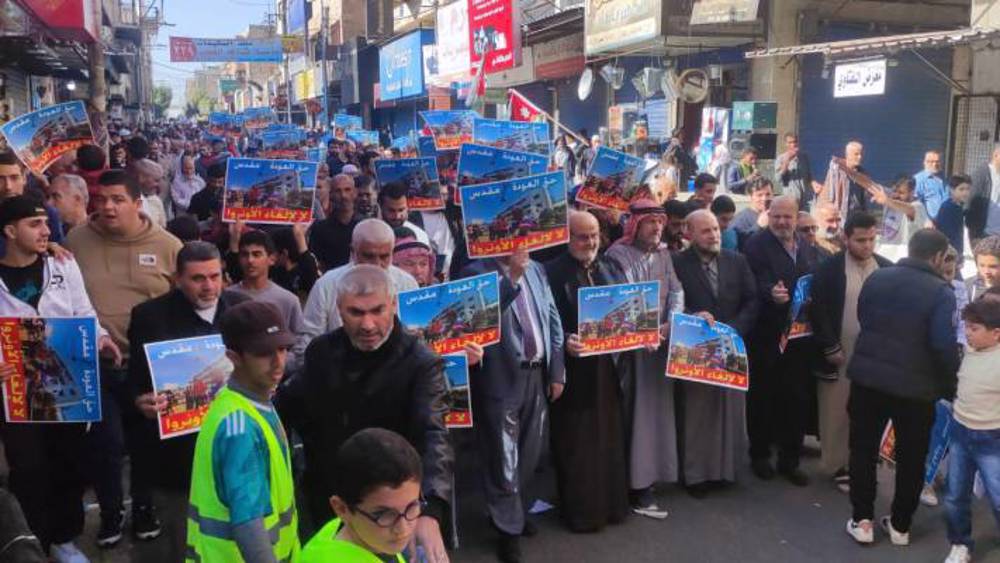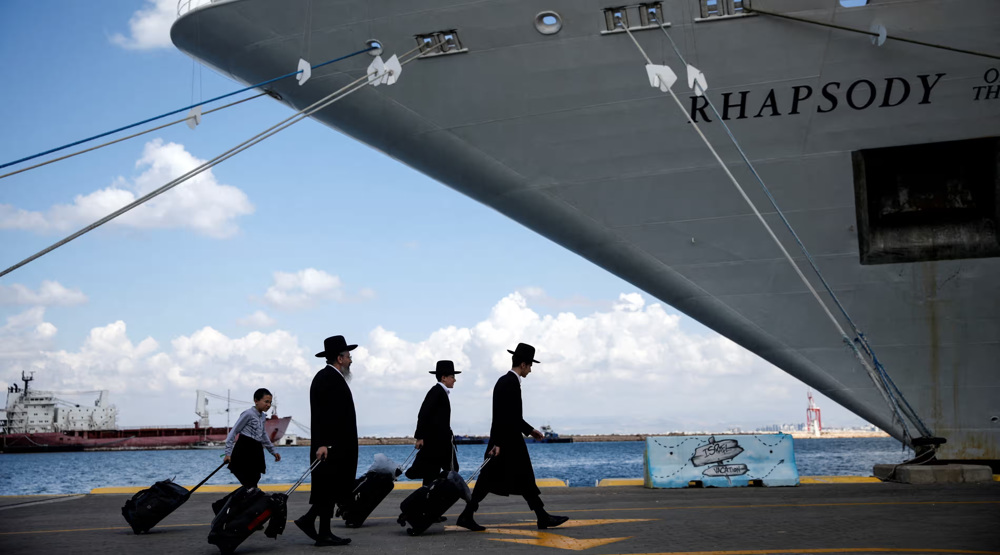UAE sends 300 Colombian mercs to Yemen: AFP
The United Arab Emirates has secretly dispatched some 300 Colombian mercenaries to Yemen to fight on its behalf alongside Saudi-led militants, the French news agency AFP says.
Citing informed sources, the agency said about 300 of the 3,000 Colombians recruited so far by the UAE have been sent to fight as full-fledged mercenaries in southern Yemen.
Emirati military officials initially decided to deploy 800 Colombians to Yemen, but had to rethink their plans after recruits complained that fighting in Yemen was not included in their contracts, AFP said.
“The Colombians were supposed to pass unnoticed as local Emirati troops, and that caused a large number of them to desert,” one source said.
“They said their contract was in the UAE and not fighting other people’s wars. They want to make war an industry using Colombians as cannon fodder,” the source added.
The UAE decided to deploy Colombian soldiers to Yemen after 30 Emirati soldiers were killed in a missile attack carried out by Ansarullah fighters in early September.

According to Yemeni sources, the Colombians have been dispatched to Yemen based on an agreement between the United Arab Emirates and Blackwater, a security services company based in the United States.
Washington has also helped the Saudis in their nearly nine months of war on Yemen by providing logistics and intelligence to the Saudi air force.
Sources in Colombia have also confirmed the presence of Colombian nationals in Yemen, saying the mercenaries have been promised a weekly salary of USD 1,000 and UAE citizenship.
On November 25, the New York Times said the UAE had “secretly” deployed 450 Latin American troops, most of them from Colombia, as well as Panamanian, Salvadoran and Chilean soldiers, to fight in the war on Yemen.
Yemen has been under military attacks by Saudi Arabia since late March. The Saudi military strikes were launched to supposedly undermine the Ansarullah movement and bring fugitive former President Abd Rabbu Mansur Hadi back to power.
More than 7,500 people have been killed and over 14,000 others injured since March. The strikes have also taken a heavy toll on the impoverished country’s facilities and infrastructure, destroying many hospitals, schools, and factories.
VIDEO | Former FBI agent criticizes US Congress for 'outright corruption'
IRGC chief urges Muslim countries to cut aid routes to Israel
'New chapter in cooperation': Iran, Venezuela sing new MoUs
Jordan sentences former lawmaker for supporting Palestinian resistance
Basij volunteer forces hold massive drills in southwestern Iran
Israeli war criminals 'not welcome', US city says after ICC ruling
US vetoing of Gaza ceasefire resolution ‘disgraceful’: Iran’s UN envoy
VIDEO | IAEA adopts anti-Iran resolution tabled by E3
















 This makes it easy to access the Press TV website
This makes it easy to access the Press TV website